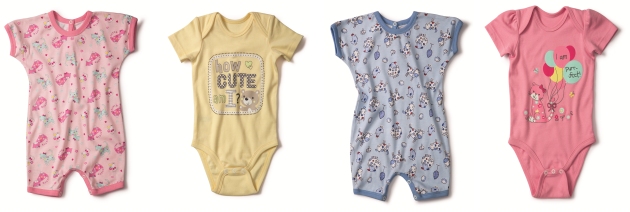When I was a first time mom, I believed that babies only cried when they were close to dying. Hence the reason I was in a complete panic when I first took my baby home and he did not stop crying!
I soon learned that babies cry. Period. Studies suggest a newborn cries for an average of two to three hours each day.
All babies cry. They cry because they are wet, uncomfortable, unhappy or hungry and sometimes… just because they are babies.
Crying baby equals a crying mom
If we know this, then why does our baby’s crying bothers us so much?
According to Dr. Aletha Solter in her book, Tears and Tantrums: “Children’s tears and tantrums elicit strong feelings in adults”. A survey in the US asked new mothers to describe their feelings when they were unable to quiet their crying infants.
The mothers explained feelings of exasperation, being afraid, anxiety, being unloving as well as feeling resentful and confused.
Biologically, our heart rates and blood pressure increase when we hear our children cry. We have been designed to react when our children cry. It is intrinsic to the beautiful way in which we’ve been created.
Why does a baby’s crying bother us so much?
Because it is loud, very loud! The decibel (dB) is the unit used to measure the loudness of a sound. A baby’s cry is measured at around 110 dB.
To put this into perspective, an alarm clock is around 80dB and an ambulance siren is just slightly louder at 120dB! So when your baby cries, it is like putting an alarm clock next to your ear.

